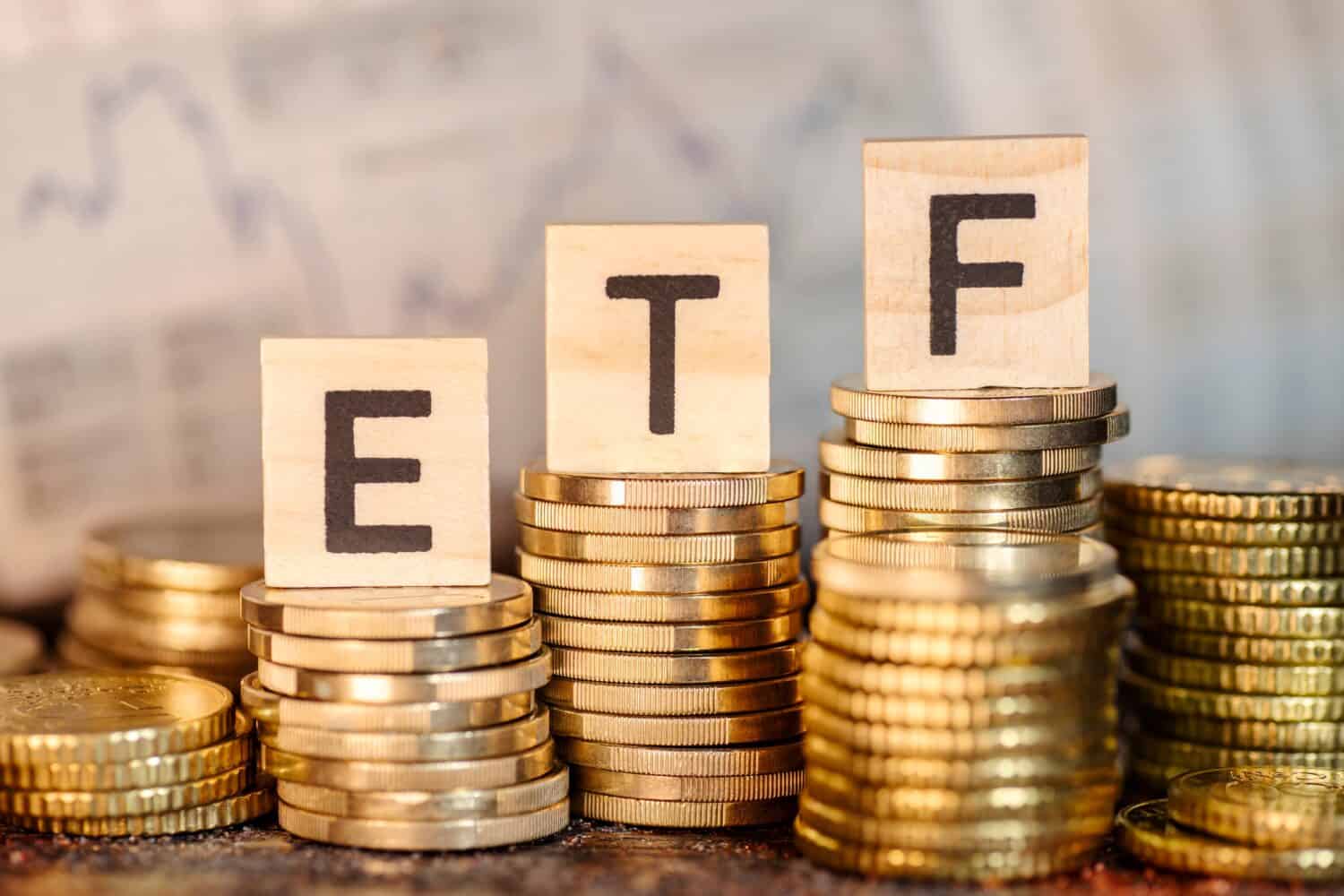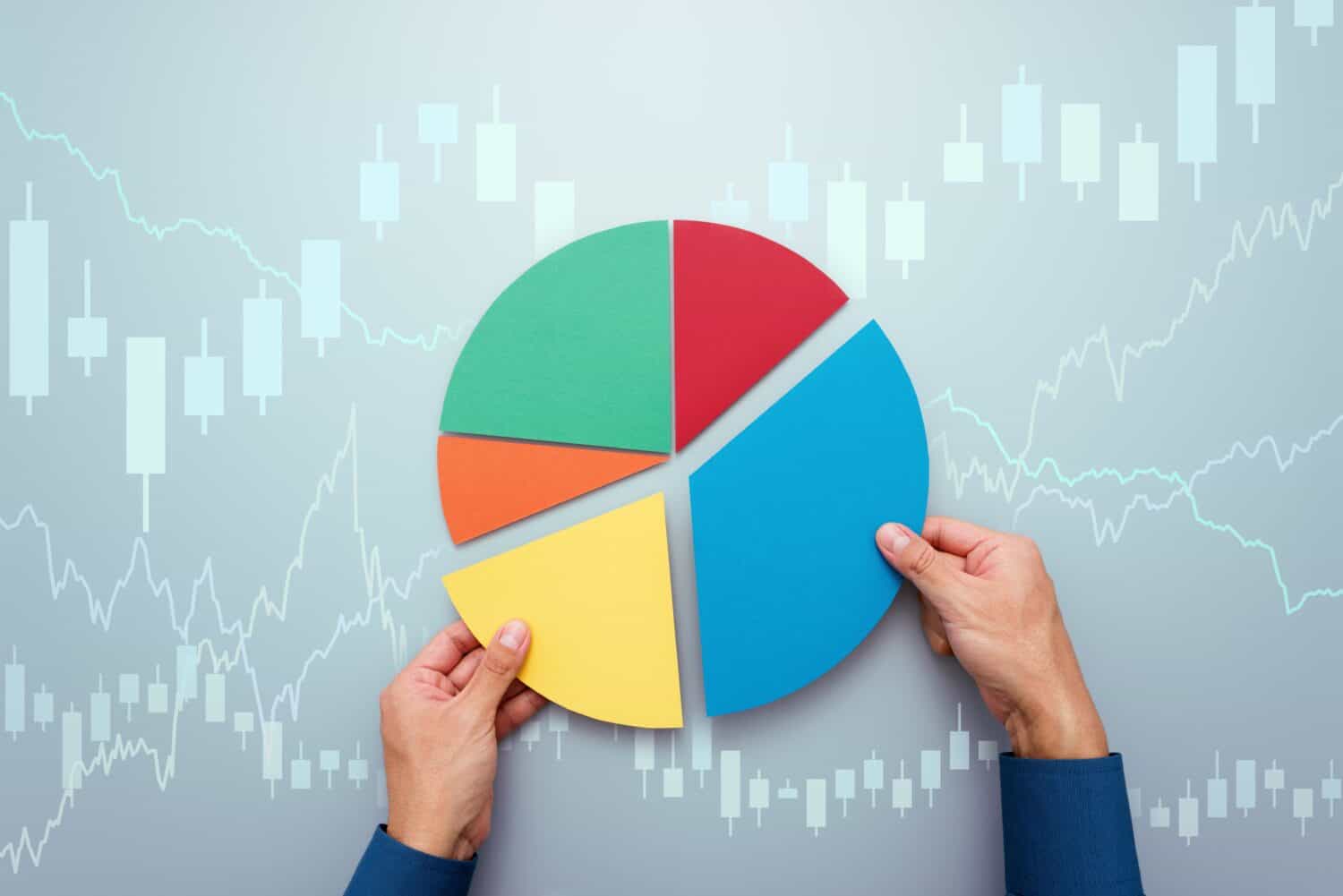Investing
Active Investors: 3 Reasons Why It Still Makes Sense to Own SPY or VTI Right Now

Published:

Active investors certainly thrive on the volatility of the market. Finding stocks that are temporarily undervalued by the market, and buying those, or adding some short bets on companies that the market may be overly exuberant on, can provide feelings of euphoria when one is right. Of course, the market is a constant pricing mechanism, taking all new information into account when pricing securities. But from time to time, the market as a whole can get things wrong. When it does, investors can certainly benefit from these dislocations.
However, for those who don’t simply have the resources (time and money) or the willingness to patiently sift through thousands of data points to find such diamonds in the rough, passive investing via an exchange traded fund (ETF) can be the best move. Broader index funds such as the SPDR S&P 500 ETF Trust (NYSEARCA:SPY) or Vanguard Total Stock Market ETF (NYSEARCA:VTI) can enhance an investor’s portfolio by simply allowing for ownership of the entire market. In other words, why try to pick the best egg in the basket, when you can buy the entire basket?
Here’s why I think even active investors may want to consider adding exposure to one (or both) of the above-mentioned ETFs.
our investment strategy. These funds offer advantages that complement your active trading, striking a balance between seeking high returns and managing risk

Investing in individual stocks is exciting, but it’s also a strategy that can provide significant volatility. Over certain periods of time, specific stocks can decline as the overall market heads higher. Whether that’s due to a company missing earnings expectations or being in the wrong sector at the wrong time, it doesn’t matter. Diversification can help a portfolio remain stable during periods of volatility for individual stocks. Again, it’s the whole “buy the basket” idea that should be compelling for truly long-term investors.
If one company in the S&P 500 were to go bankrupt tomorrow due to an accounting scandal, for example, that wouldn’t materially impact your holdings in either the SPY or VTI. These funds are so widely-diversified across a myriad of companies in different sectors that some near-term volatility in specific corners of the market isn’t likely to impact returns meaningfully.
Now, broader market-related moves can certainly impact these funds. SPY tracks the S&P 500 index, which includes 500 of the largest U.S. companies across industries like technology, healthcare, and finance. VTI goes even further, encompassing over 3,600 stocks from the entire U.S. stock market, including small, medium, and large companies. That said, these ETFs are exposed to market risks, so investors will still need to practice the sort of mental fortitude during down markets (and continue investing) to reap maximum returns over the long-term.

Active trading often involves frequent buying and selling, which can rack up transaction fees and commissions. Over time, these costs can eat into your profits. Additionally, actively managed funds typically have higher expense ratios because of the research and management involved.
However, both SPY and VTI are known for their low costs, which are integral to the value of compounding over very long periods of time. Essentially, the lower one’s expense ratio is, the better one’s overall total return will be over the long-term. It may not seem like much, but the difference in a fund like VTI with an expense ratio of just 3 basis points (0.03%) and an actively-managed fund or mutual fund that charges 1% or 2% per year can be massive. After two or three decades, the difference can amount to hundreds of thousands of dollars or more for investors, depending on how much they contribute over time.
SPY has a similarly reasonable 0.09% expense ratio, making both funds top picks of mine for long-term passive investors looking to buy the market. By buying the basket, investors can dollar cost average into the market, buying more shares when the market dips, and participating in the market’s overall rise higher on the way up. It’s a win-win, no matter what happens. That is, so long as investors stay invested.

Every strong portfolio needs a solid foundation. Including SPY or VTI provides a core holding that reflects the overall market’s performance. This foundation can offer stability amid the ups and downs of individual stock picks.
Moreover, these ETFs serve as a useful benchmark. Investors are easily able to benchmark how their active picks are performing relative to their index funds, and rebalance accordingly. I personally like holding at least a small amount of either fund for this reason alone, but to each their own.
There’s always a place for stock picking, and I’m always going to nibble around the edges and own stocks I like for the long-term. However, I also think that having a solid fundamental base for a portfolio is a good thing, and these index funds are both excellent options to choose from for those looking to start building such a foundation.
Retirement can be daunting, but it doesn’t need to be.
Imagine having an expert in your corner to help you with your financial goals. Someone to help you determine if you’re ahead, behind, or right on track. With SmartAsset, that’s not just a dream—it’s reality. This free tool connects you with pre-screened financial advisors who work in your best interests. It’s quick, it’s easy, so take the leap today and start planning smarter!
Don’t waste another minute; get started right here and help your retirement dreams become a retirement reality.
Thank you for reading! Have some feedback for us?
Contact the 24/7 Wall St. editorial team.